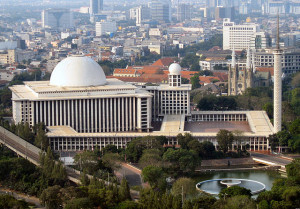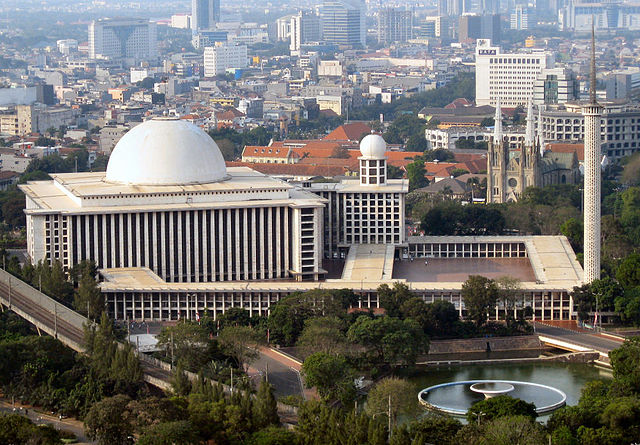 After a delay of several weeks, the Indonesian government finally announced the seventh tranche of its economic policy package, saying the latest in the series is intended to ease the flow of investment into the country.
After a delay of several weeks, the Indonesian government finally announced the seventh tranche of its economic policy package, saying the latest in the series is intended to ease the flow of investment into the country.
The package this time is about giving tax incentives to labor-intensive industries. These perks include waiving income tax for workers in labor-intensive businesses such as those in footwear, textiles, or tobacco production that employ at least 5,000 and export 50% of their output. Eligible for the tax exemption are workers who earn less than IDR50 million (US$3,700) per year. This policy will be in effect for at least two years following effectivity on January 1, 2016.
Moreover, manufacturers of textiles, garments, and shoes will be eligible to apply for tax allowance, which is a cut in corporate tax in the form of easier rules on the amortization of assets, on dividend tax, and on the treatment of losses.
At the same time, the government will grant free leasehold certificates to street vendors operating in 34 state-owned designated areas. This program, which will be launched in West Java later this month, aims to increase vendors’ capital. Currently, vendors have difficulty obtaining loans, as most are working illegally and lack capital to secure a loan. Through this new policy, however, they will have access to government-backed micro loans.
According to Cabinet Secretary Pramono Anung, under the seventh phase of the economic policy package, it will now be possible to issue nine different kinds of permits within three hours of application, an improvement from the previous four permits during the same period.
Vice President Jusuf Kalla said the seventh tranche of economic policy package will accelerate the flow of investment into the country. “It will focus on ways to ease investment and provide incentives,” he said.
The policy package is also expected to lower the cost of investment so as to open up the labor-intensive industry, he added.
The Indonesian government has issued seven stimulus policies so far since September this year as part of an ambitious economic package intended to bolster the country’s economy in the face of global challenges.
ADB downgrades outlook
Meanwhile, the Asian Development Bank (ADB) has revised its economic growth forecast for Indonesia, scaling it down to 4.8% from the previous 4.9% set in its September outlook, and to 5.3% in 2016 from 5.4% earlier.
In its latest report on Indonesia, the ADB said budget disbursement problems and the country’s export underperformance led to the slight lowering of growth projections for both 2015 and 2016. In September 2015, the ADB had already cut its growth forecast for the nation on the back of negative effects from China’s economic slowdown.
“Soft slowdown is being experienced by Indonesia, Southeast Asia’s largest economy, as a result of lower-than-expected budget absorption and slow export performance,” according to the supplement to the ADB’s September 2015 “Asian Development Outlook Update” received by Antara, the state-run government agency.
The report predicted that the capital expenditure disbursement until the end of 2015 will reach 80% to 85%, slightly limiting the economic growth in the second half of 2015.
It added that the Indonesian economy will fare better in 2016, although the current forecast is also a slight downward revision owing to the suspended recovery of the export sector.
Photo: Michael J. Lowe





